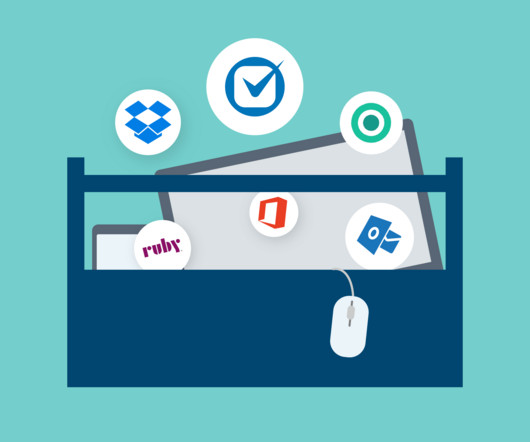Exploring the Future of Legal Innovation at The Masters Conference: Thought Leadership in D.C. and Social Media in Discovery and Investigations
CloudNine
APRIL 15, 2025
The conference featured a wide range of insightful sessionscovering topics from artificial intelligence, custodian interviews with modern data challenges, case law updates, and social media collection and analysis. Ethical and professional rules require attorneys to understand how OSINT fits into their duty of competence.














Let's personalize your content